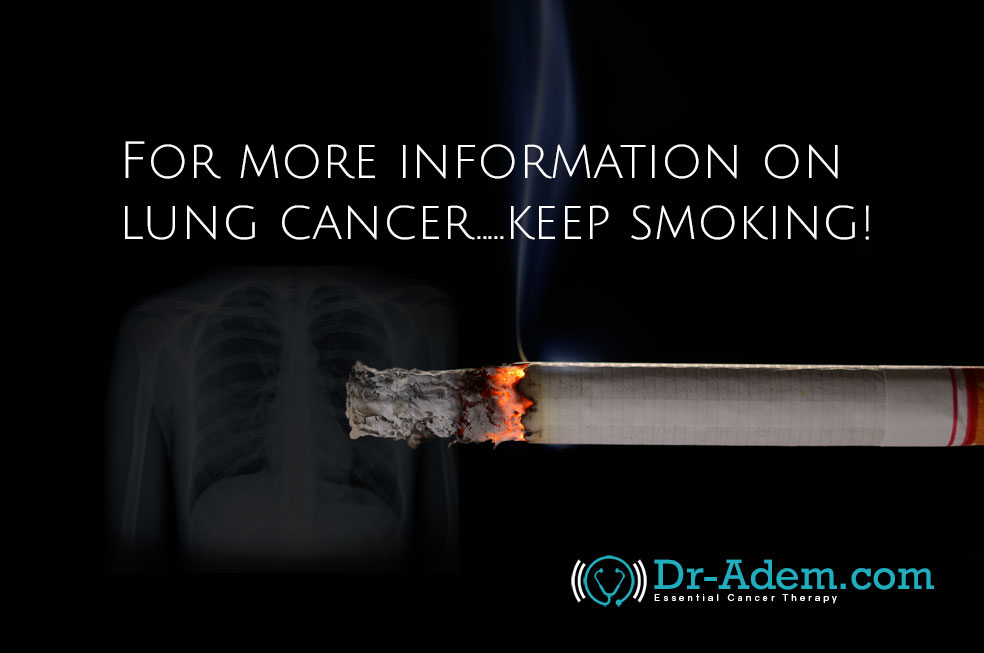
The dangers of smoking are already well-known throughout the globe. We’ve evolved leaps and bounds since the days of the 50s and 60s when tobacco companies tried to justify smoking as a healthy habit and distance it from its now blatant long-term pro-cancer effects.
According to the American Cancer Society, cigarettes are responsible for around one-third of all cancer-related deaths, so it’s vital to quit as soon as possible, no matter if the person has a long-term habit or just begun.
The most obvious relationship between cancer and cigarettes is, of course, lung cancer. But smoking raises the risk of cancer on several other sites (e.g., mouth, larynx, esophagus, kidney, liver, bladder, pancreas, colon, among others).
For people who already have cancer of any kind, quitting can also be helpful. Non-smokers have fewer side effects from the therapies, and their treatments are prone to be more successful.
Smoking is a habit and a vice. People usually associate the act of smoking to pleasurable activities, use it as a form of stress-coping or both. So, even if the person is aware of the risks and wants to quit, it is hard, and relapses aren’t uncommon. Nowadays, there are several alternatives to help people who are looking to give up on the habit and not rarely more than one must be used to reach a satisfactory goal. The key is not giving up and not blaming oneself if they can’t immediately stop or if they have a relapse. Support groups and having a supportive network of family and friends is also of utmost importance, as well as specialized healthcare professionals.
Sources:
American Cancer Society and National Cancer Institute


